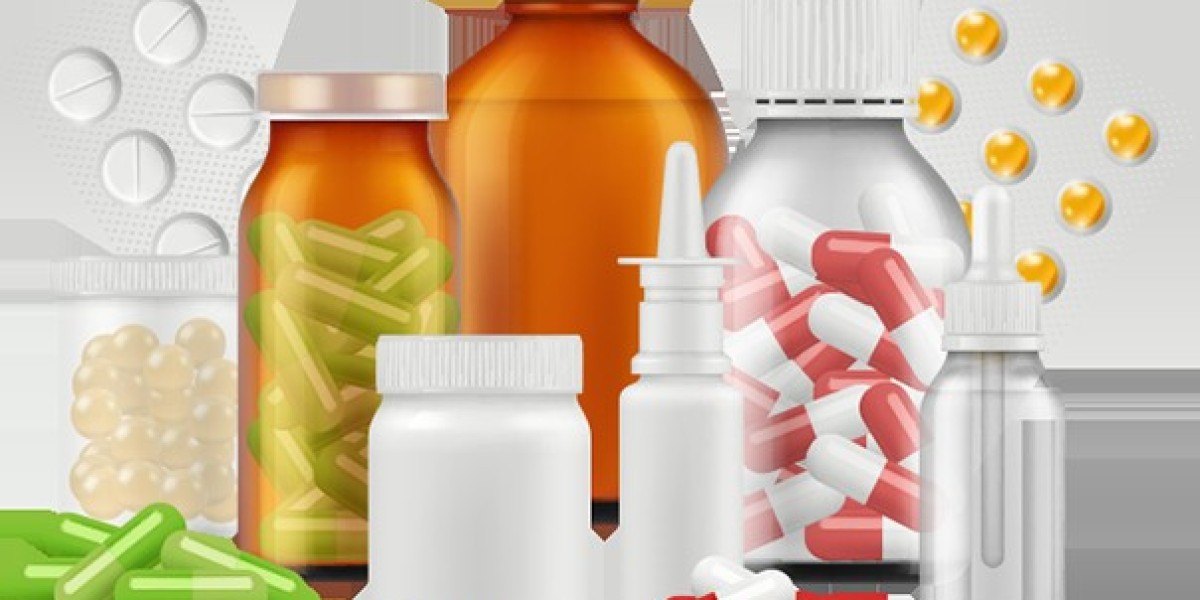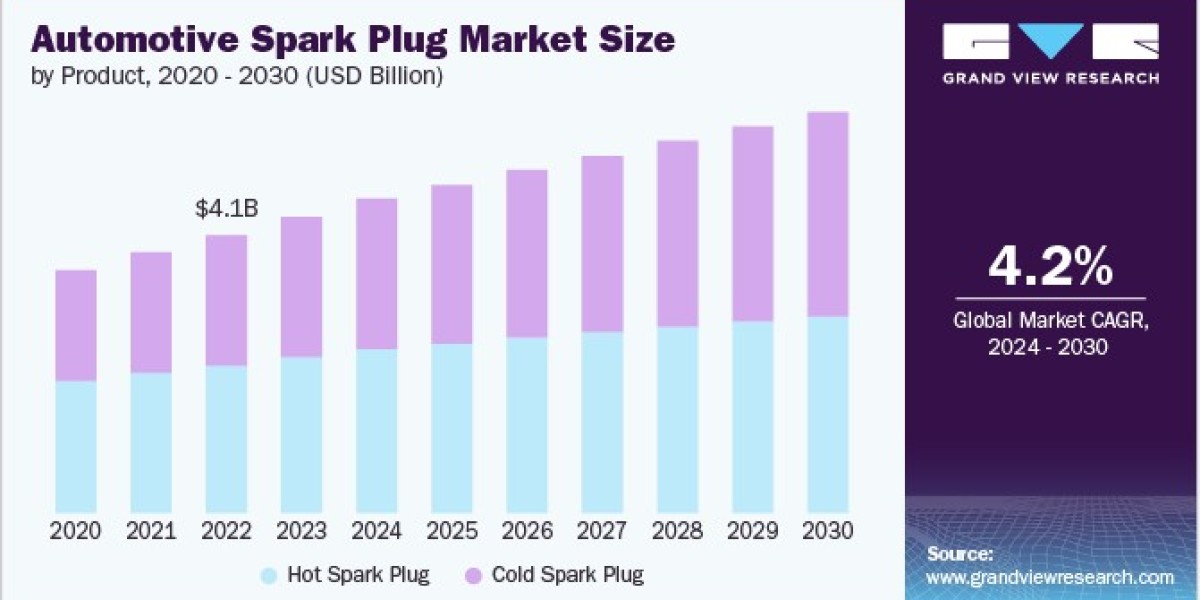The lifescience industry plays a pivotal role in the advancement of healthcare, medical research, and pharmaceutical production. Among the various sectors within this field, wholesale distribution has become a crucial component, ensuring that high-quality products are made accessible to healthcare professionals, research labs, and even end consumers. Lifesciences wholesale distributors serve as the backbone of the supply chain, providing essential materials that support a wide array of applications ranging from pharmaceuticals and biotechnology to laboratory research.
In this article, we will explore the role, importance, and challenges faced by lifescience wholesale distributors, and how they contribute to the overall healthcare ecosystem.
What Are Lifescience Wholesale Distributors?
Lifescience wholesale distributors are companies that act as intermediaries between manufacturers and end-users within the healthcare, pharmaceutical, and biotechnology sectors. They purchase products directly from manufacturers, which may include medical devices, pharmaceutical products, laboratory chemicals, and biotechnology reagents, and sell them in bulk to smaller businesses, institutions, and healthcare providers.
The primary role of these distributors is to ensure that lifescience products are delivered efficiently, safely, and within compliance of industry regulations. These distributors supply products to a broad range of customers, including hospitals, research labs, pharmaceutical companies, universities, and private clinics.
Types of Products Distributed
Lifescience wholesale distributors handle a wide variety of products, including but not limited to:
Pharmaceuticals: This category includes prescription medications, over-the-counter drugs, vaccines, and biologics. These products are often distributed to healthcare providers such as hospitals, pharmacies, and clinics.
Laboratory Supplies and Reagents: These products are vital for research, diagnostic, and testing purposes. They include laboratory chemicals, diagnostic kits, pipettes, lab equipment, and consumables like test tubes, petri dishes, and gloves.
Medical Devices: This includes diagnostic equipment, surgical instruments, imaging systems, and disposable items such as syringes, bandages, and diagnostic test strips.
Biotechnology Products: These products include DNA kits, gene-editing tools, stem cell culture media, and other specialized biotechnology products used for research and therapeutic applications.
Nutraceuticals: Supplements, vitamins, and other health-related products that are often sold directly to consumers or healthcare providers.
The Role of Lifescience Wholesale Distributors
Lifescience wholesale distributors perform several essential functions in the healthcare supply chain. These include:
1. Logistics and Supply Chain Management
Distributors are responsible for ensuring that products are stored, handled, and delivered correctly. This involves:
Warehousing: Lifescience distributors maintain warehouses to store products before they are shipped to customers. These facilities must adhere to strict regulations, especially when storing temperature-sensitive items such as vaccines or biologics.
Inventory Management: Wholesale distributors must maintain an optimal inventory level to meet demand without overstocking or understocking. Effective inventory management is crucial to prevent shortages or delays in the supply chain.
Shipping and Distribution: Distributors manage the transportation of goods, ensuring they are delivered on time and in the correct condition. This includes the use of temperature-controlled shipping for sensitive items and ensuring compliance with international shipping regulations.
2. Regulatory Compliance
Us Wholesale Vendors are responsible for ensuring that the products they distribute meet local and international regulatory standards. These regulations may include:
Good Distribution Practices (GDP): These standards ensure that products are stored and transported in a manner that preserves their integrity and efficacy.
FDA Regulations: In the U.S., distributors must comply with Food and Drug Administration (FDA) regulations, which govern the handling, storage, and distribution of pharmaceutical products and medical devices.
ISO Certifications: Distributors often obtain certifications such as ISO 9001, which ensures that their processes meet international quality standards.
Distributors must also stay updated with changing regulations and industry standards to ensure they remain compliant.
3. Customer Support and Education
Lifescience wholesale distributors play an educational role by providing valuable support to their customers. This includes:
Technical Assistance: Many lifescience products, especially those related to research and biotechnology, require technical expertise. Distributors often have technical support teams that help customers understand how to use products effectively and troubleshoot issues.
Product Training: Distributors frequently offer training programs and resources for healthcare professionals and laboratory staff to ensure they are using the products correctly.
Consultation: Some distributors provide consultation services to help businesses choose the right products for their needs, whether they are setting up a research lab, purchasing medical equipment, or sourcing pharmaceuticals.
4. Market Access and Expanding Reach
Lifescience wholesale distributors also help manufacturers expand their market reach. By partnering with established distributors, manufacturers can access a broader customer base without having to manage their own sales operations. Distributors help market the products, identify potential customers, and facilitate orders.
They also allow international manufacturers to enter new markets. By understanding local regulations, market trends, and customer needs, distributors help manufacturers navigate the complexities of international markets.
Benefits of Lifescience Wholesale Distribution
- Efficiency and Cost-Effectiveness
Wholesale distributors help streamline the supply chain by consolidating orders and shipping large volumes of products to customers. This reduces the need for manufacturers to manage individual transactions, cutting down on costs and time.
- Access to a Wide Range of Products
Healthcare providers and research labs benefit from purchasing products from wholesale distributors, as they can access a broad portfolio of items from different manufacturers. This makes it easier to find the right products for specific needs without dealing with multiple suppliers.
- Quality Assurance
Many Amazon Fba Distributors work with manufacturers that adhere to strict quality control standards. This ensures that the products they distribute are of high quality and meet safety and efficacy requirements.
- Supply Chain Resilience
Distributors play a key role in maintaining supply chain resilience. In times of crisis, such as the COVID-19 pandemic, distributors can help prioritize the delivery of critical products to hospitals and healthcare centers.
Challenges Faced by Lifescience Wholesale Distributors
While the role of lifescience wholesale distributors is critical, they face several challenges that can impact their operations:
- Regulatory Changes
The constantly evolving regulatory landscape can pose challenges. New rules, compliance requirements, and regulations can add complexity to the distribution process, requiring distributors to invest in compliance infrastructure and personnel.
- Supply Chain Disruptions
Global supply chain disruptions, caused by events such as the COVID-19 pandemic, geopolitical issues, or natural disasters, can impact the availability of products. Distributors need to be agile in responding to such disruptions and managing inventory accordingly.
- Competition
With the growth of e-commerce and the increasing number of distributors entering the market, competition has become fierce. Lifescience wholesale distributors must constantly innovate to provide value-added services, such as better customer support, faster shipping, and specialized products.
- Technological Advancements
As new technologies emerge in the lifescience sector, distributors must adapt to the increasing demand for more specialized products. This requires investing in technology systems, including data analytics, inventory management tools, and e-commerce platforms.
- Price Fluctuations
Prices for raw materials and finished products can fluctuate due to factors like supply shortages, changes in demand, and the cost of manufacturing. Distributors must carefully manage these fluctuations to maintain profitability while still offering competitive prices.
Conclusion
Lifescience wholesale distributors play an indispensable role in ensuring that critical healthcare and research products reach their end-users in a timely and efficient manner. From pharmaceuticals and medical devices to laboratory reagents and biotechnology products, these distributors help connect manufacturers with healthcare providers, researchers, and consumers.
Despite the challenges posed by regulatory changes, competition, and supply chain disruptions, Charlie Naylor Key Lifesciences distributors continue to evolve, ensuring that the global healthcare system operates smoothly. With ongoing innovation and a commitment to quality, they will continue to support the advancement of healthcare and medical research for years to come.








